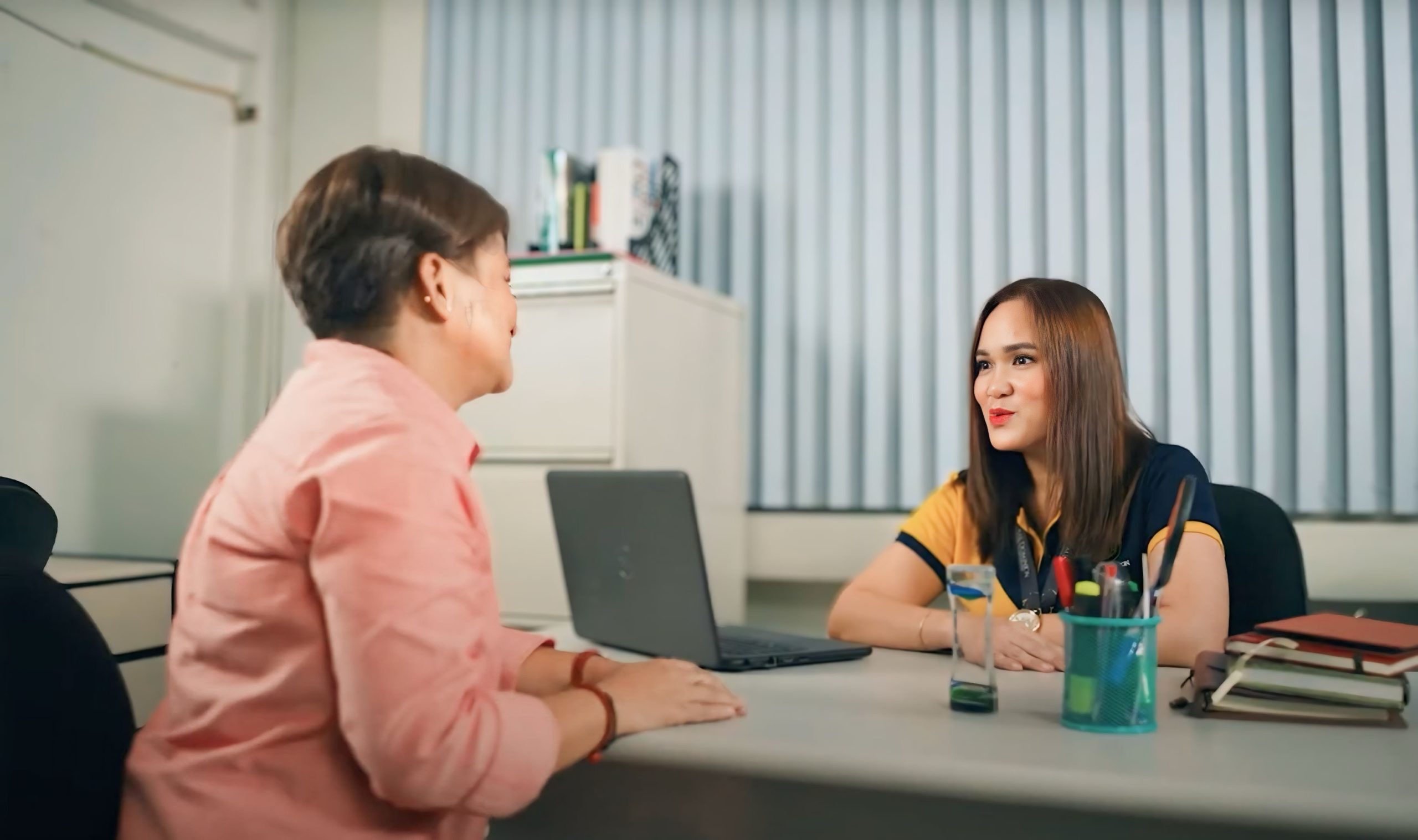9 Questions to Ask Before Buying a Used Car

In the second half of the pandemic years, you might have thought that cars are becoming unnecessary. But, as restrictions are easing out and people are starting to move once again, the demand for cars is gradually increasing, both for brand new and used vehicles. Besides the fact that it provides a safer way to commute, the prices of these vehicles have become more affordable, and acquiring them becomes easier, especially for used cars.
Now, it seems like the stigma of buying a used car has slowly become irrelevant. People are clamoring for secure ways to go from one place to another, without the risk of contracting the coronavirus from other transporting people.
However, you still have to consider a lot of things when buying a used car. It is still imperative that you make sure you get the best value for your money, even if it’s just a secondhand item. Here are some questions you need to ask before you decide whether the vehicle you’re looking at is a good deal.
1. What’s the reason for selling the car?
This question will yield many kinds of answers from the seller and will give you tons of ideas about whether you should go ahead with the purchase or not. Perhaps the seller wants to shift to a bigger SUV as his family is getting bigger, which usually is a green light. Or, perhaps the owner is attempting to minimize their losses by selling an automobile that has been causing them problems, which is of course a red flag.
2. How old is the car?
Most new cars lose a large percentage of their value after five years due to depreciation. When bargaining for a better price, you may leverage the car’s age and how a vehicle’s make and model loses value over time to your advantage. It’s a different story for classic cars, however, as they can be appraised in the market. So, make sure you do homework. That way, you’ll know whether the price tag is reasonable or outrageous. You might get a good deal on a vintage one.
3. How long have the owner had the car?
Knowing the length of time the owner has been driving their car can also tell why they are selling the vehicle. If someone has been driving their automobile for a long time without experiencing any issues, it might be a hint that the vehicle is fairly reliable. However, if someone is seeking to sell their car after just having it for a year or less, they are most likely dissatisfied with it for whatever reason.
4. What’s the car’s mileage?
It is important to ask for the car’s mileage as this determines how long has the car been on the road. This will let you know if the car has experienced a lot of wear and strain throughout the span of time before your hands land on its steering wheel. When making your decision, keep in mind that some vehicles are capable of putting on a ridiculous number of miles without missing a beat. While there are others that wear and tear easily. So, once you know how old the car is and how many kilometers it has, you can immediately determine whether the seller has been driving it into the ground or only on Sundays.
5. Are there damages to the car’s exterior?
Since you’re buying a used car, some people would say looks don’t matter. But, actually, they do especially because you’re buying a used vehicle. Some of the things you need to look out for are scratches, dents, and corrosion on the car’s bodywork, paint job, and car structure. Are there any cracks in the windshield, lighting, rearview, or side-view mirrors? Is it possible that the headlights are cloudy or discolored? Do the tires need replacement or are the wheels in the right form? While it’s more vital to buy a car with a healthy engine, major issues on the outside may reveal a lot about how the previous owner treated the vehicle.
6. What does the car’s interior look like?
After checking outside, it’s now time to enter and have a look around. Do the chairs have rips and tears from the family dog or coffee stains? Does it have the odor of a gigantic ashtray? Is there a strew of burger wrappers on the floor? These are all items to consider since they will reveal how effectively or poorly the automobile has been maintained.
7. Is there anything wrong with the machine?
Once you’ve looked into the exterior and interior of the car, the engine is the most important aspect you should look at. Make sure the engine compartment is clean and that no fluids are leaking. You’ll also want to make sure the vehicle passes a smog and safety check, which is required in many jurisdictions. And if you need to do one thing before buying a secondhand car, you should take it to a trusted mechanic to ensure everything is in working order. If the vendor refuses to cooperate, it’s likely that they’re trying to hide anything important.
8. Has the car been in any accidents?
A little fender accident or a few scratches aren’t the end of the world. However, if the automobile has been in a catastrophic accident that required a new engine or extensive bodywork, you should proceed with caution. Cars that have undergone substantial repairs may still have issues long after they have been fixed. Asking for a vehicle history report can also provide you with important information such as accidents, open recalls, prior owners, and service history.
9. Is the title in the owner’s possession?
Never drive off the lot or spend a cent without having the car’s title in hand, whether you’re buying from a private seller or a dealership. There’s no deal if you don’t have a title. You might also want to ask whether the car is still under warranty. If it is, your car’s manufacturer or dealer is still responsible for at least some of the repairs and replacement parts. You’ll want to know what you’re getting yourself into in any case.
Of course, not all dealers are not trustworthy. One reason for this is that dealers must safeguard their reputations and associations with banking institutions, local chambers of commerce, and many others. The most essential thing is to look for a dealership that has been in operation for a long time. We, at GDFI Car Financing, can help you identify reliable ones.
That means you won’t really have to pay an arm and a leg for every used car. There is still a lot of nice used vehicle offers available. All you have to do is do your research, know where to buy, know what you’re looking for, and, of course, stay within your budget.





